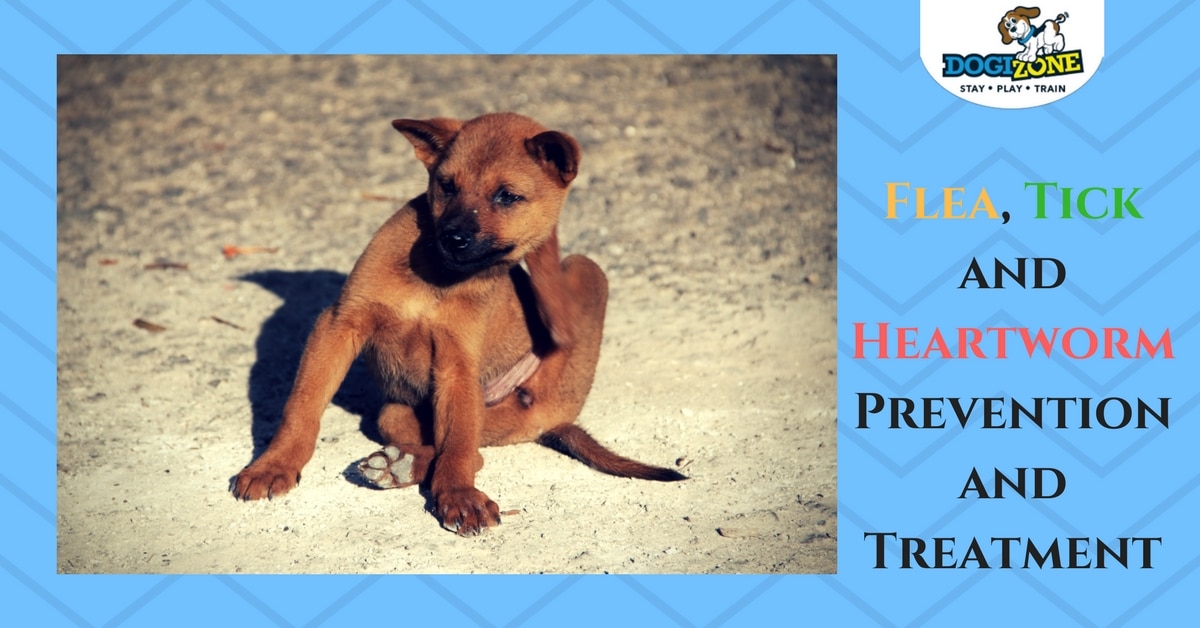Flea, Tick and Heartworm Prevention and Treatment

One of the most important tasks and responsibilities for any dog owner is in the preventative care and health of their dog(s). Parasites and insects such as fleas, ticks, heartworms and other types of worms are much easier to deal with through a preventative approach than through treatment options. In this article we cover flea, tick and heartworm prevention and treatment for dogs. heartworm
The good news is that your vet has a lot of different choices for prevention. Fleas and ticks can be controlled with pre-measured and pre-packaged monthly topical applications. All you need to do is apply the liquid to the dog’s skin at the back of the neck and just above the shoulders.
Heartworm medication is typically provided in a tablet or a chew type of treat. It is pre-measured for the correct dosage based on the weight of the dog. Most dogs can easily tolerate this form of medication that is also given on a monthly basis. There are also combination oral or topical medications that prevent heartworms as well as a variety of different internal parasites such as roundworms, tapeworms, hookworms and whipworms. A few of these medications will also treat fleas and flea eggs.
There are also injections available for heartworms. These injections must be administered by your vet, but will provide six months of protection with one shot. This injection will protect against hookworms as well, but other worms as well as fleas and ticks will still need separate treatments.
Heartworms are only passed to a dog by the bite of a mosquito that is infected with the larva from feeding off another infected dog or animal. While heartworm medication is required for complete prevention, keeping standing water out of the yard and treating a dog with a dog approved mosquito spray or a drop of essential oil such as lavender, citronella or peppermint can be helpful. This will help to repel the insects, providing an additional layer of prevention.
The Importance of Prevention for Fleas and Ticks
Fleas and ticks are rarely dangerous to healthy puppies and dogs. However, for dogs with compromised health or dogs with specific allergies, the bites of both fleas and ticks can cause severe allergic reactions.
These reactions can result in excessive scratching and biting of the irritated area, leading to a high risk of secondary infections. For some dogs, the scratching and biting can damage the skin and even create areas where the coat will not grow back.
Fleas carry tapeworm larva, so eliminating fleas can be very helpful in preventing these pests. Ticks carry Lyme disease, which is a problem for all types of pets as well as for humans.
Heartworm Treatment
Most dogs that test positive for heartworms can be treated, but it can be a long and costly process. It will involve restricting exercise for the dog as well as going through a series of treatment steps that will depend on the degree of the disease and other health conditions the dog may be experiencing.
The semi-annual vet appointment should include a heartworm test. This allows the detection of any heartworms very early in the development, limiting the health risks to your pet and allowing for a higher success rate for treatment.
